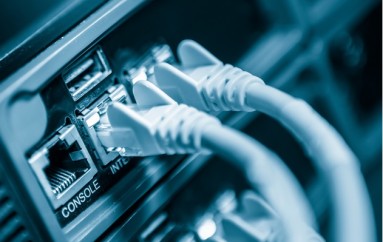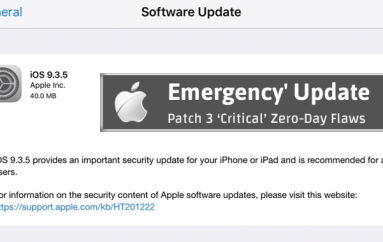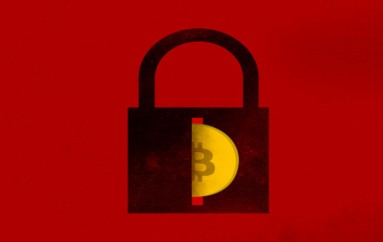![DOJ seeks to delay Apple encryption hearing, says it may be able to unlock iPhone after all [u]](https://www.cybercureme.com/wp-content/uploads/2016/03/DOJ-seeks-to-delay-Apple-encryption-hearing-says-it-may-be-able-to-unlock-iPhone-after-all-u-770x439_c.jpg)
DOJ seeks to delay Apple encryption hearing, says it may be able to unlock iPhone after all [u]
According to a court filing, an unnamed party on Sunday demonstrated a method for unlocking an iPhone tied to San Bernardino terror suspect Syed Rizwan Farook. If the FBI has indeed stumbled onto a working encryption workaround, it would no longer need to compel Apple’s assistance or move forward with presenting its arguments in what has become a very high profile case.
“On Sunday, March 20, 2016, an outside party demonstrated to the FBI a possible method for unlocking [terrorist Syed] Farook’s iPhone,” the Justice Department writes. “Testing is required to determine whether it is a viable method that will not compromise data on Farook’s iPhone. If the method is viable, it should eliminate the need for the assistance from Apple Inc. (“Apple”) set forth in the All Writs Act Order in this case.”
Politico reported on the motion earlier today.
Apple in February was ordered by a federal magistrate judge to help FBI efforts in unlocking Farook’s iPhone under the understanding that actionable intelligence might still be present on the device. The government is asking Apple to create an intentionally vulnerable iOS variant that would open the door to a brute-force attack.
Apple resisted the order, arguing that the mere existence of a software workaround inherently weakens the security of millions of iOS devices around the world. The public nature of the case sparked debate over the balance of privacy rights and national security, drawing input from tech companies, advocacy groups, law enforcement agencies and other interested parties.
If the government is granted a continuance, it would delay — potentially indefinitely — a hearing concerning Apple’s challenge to the FBI’s AWA assertions. Just last week federal prosecutors pushed for,and received, permission to cross-examine witnesses slated to take the stand.
The stakes are high for both sides. For the FBI, a win would set valuable precedent in asserting AWA as an effective and proper judicial tool for forcing tech company compliance in digital evidence gathering operations. Such precedent would go a long way in shoring up the government’s technical shortcomings when it comes to dealing with increasingly sophisticated consumer encryption systems.
If Apple is successful in staving off DOJ pressure, it could cast doubt on AWA’s application as it applies to the tech industry.
Taking a step back, the San Bernardino initiative appears to be more of a gamble for the DOJ than Apple. All Writs, as it is intended, is the FBI’s last standing option to gain access to evidence, and potential precedent against the measure could be extremely damaging to future investigations (Apple has promised to take the issue to the Supreme Court, if necessary). Apple, on the other hand, has nearly inexhaustible resources and, more importantly, time to strengthen its defenses if forced to break a particular encryption method.
Update: U.S. Magistrate Judge Sheri Pym has agreed to postpone tomorrow’s hearing as the FBI determines the viability of the proposed hack.
Source | AppleInsdier





